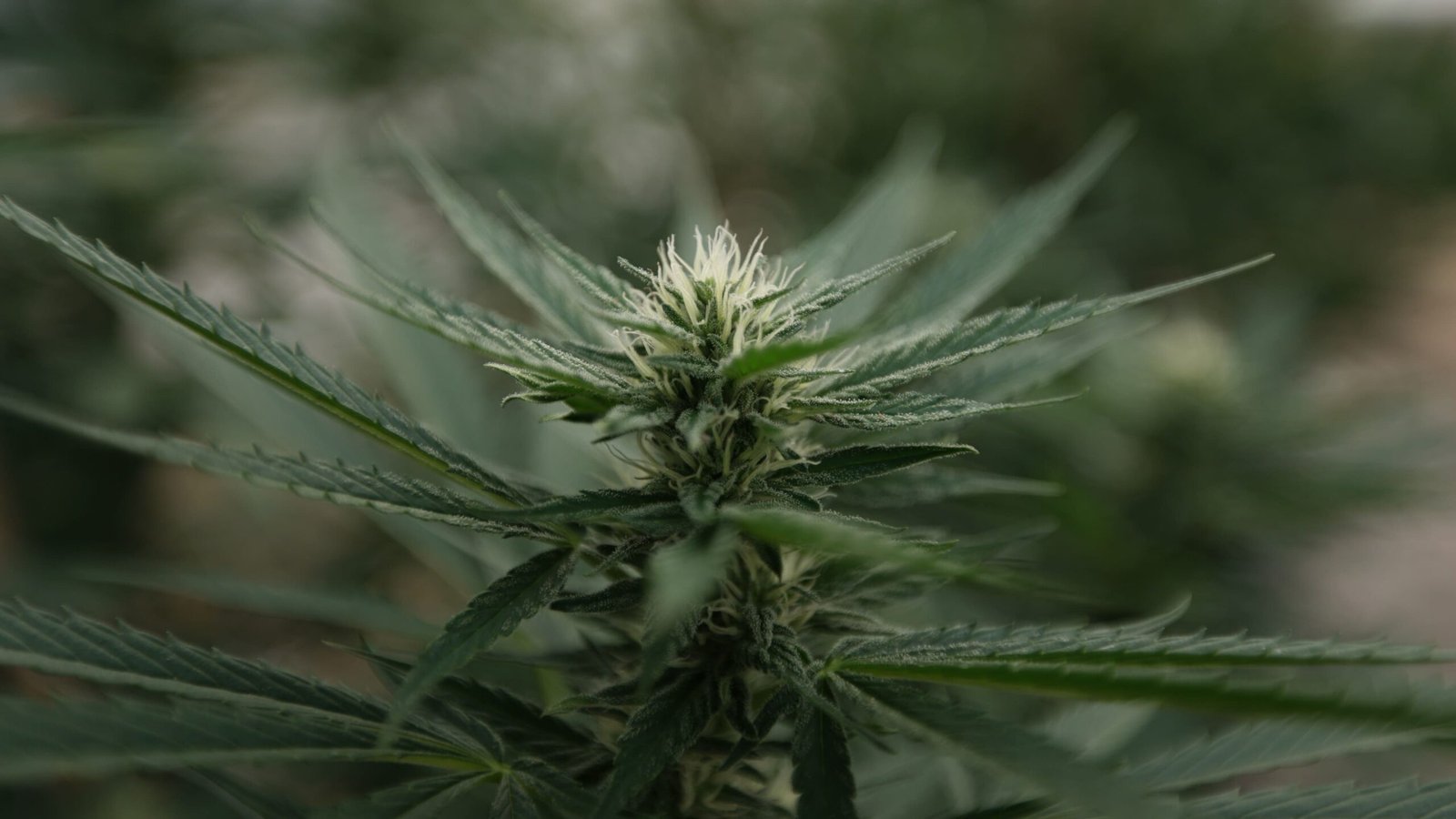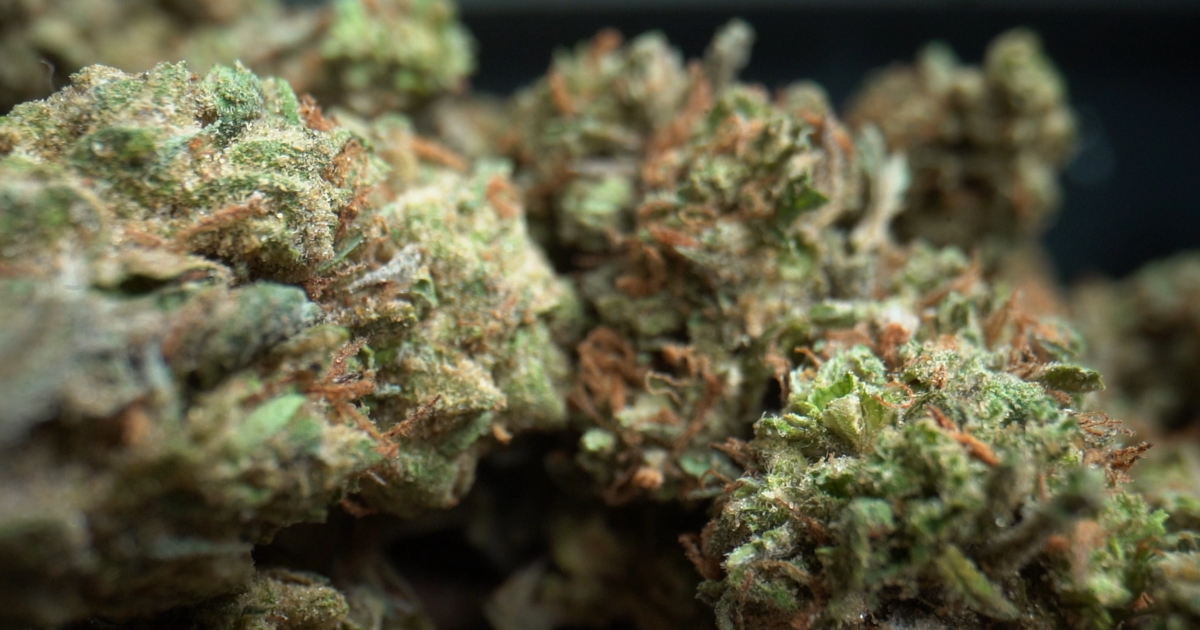Virginia lawmakers have turned down Governor Glenn Youngkin’s (R) proposed changes to a medical marijuana bill that had already been approved by the legislature. This decision sends the measure back to his desk for further consideration.
In a separate vote, lawmakers adopted Youngkin’s amendments to another bill aimed at sealing records of past cannabis-related crimes. However, they upheld his vetoes on legislation that sought to legalize recreational marijuana sales, provide resentencing options for individuals with cannabis convictions, and protect the parental rights of cannabis consumers.
Last month, after the initial passage of a medical marijuana bill, Youngkin suggested an amendment. He aimed to remove language allowing marijuana deliveries to locations other than a patient’s home and to permit independent contractors as delivery agents. On Wednesday, the House of Representatives rejected these proposed changes to the bill—designated as HB 1989, introduced by Del. Alex Askew (D).
The unchanged bill will now return to Youngkin, who must decide whether to veto it or sign it into law. This proposal received strong backing in both legislative chambers, passing the Senate with a vote of 30–10 and securing final approval in the House with an 84–14 margin. JM Pedini, the development director for the advocacy group NORML and executive director for Virginia NORML, emphasized their dedication to ensuring Virginians who depend on direct-to-patient delivery retain access to medical cannabis.
On the same day, both legislative chambers approved Youngkin’s requested changes to a proposal aimed at sealing past criminal records related to marijuana offenses. This legislation—known as both HB 2723 and SB 1466—seeks to extend a state-mandated expungement process initiated in 2021, allowing local governments an additional 12 months to comply. It also mandates automatic sealing of non-conviction records, such as arrests or cases that are dismissed, and broadens the types of records eligible for expungement by petition.
In his message to lawmakers, Youngkin expressed his approval of the bill’s general purpose but recommended changes that primarily focus on delaying the implementation dates for various provisions by six months. Both the House and Senate approved these changes.
Youngkin made these amendment recommendations alongside his vetoes of other cannabis-related measures. These included efforts to resentence people incarcerated for cannabis offenses and to protect the parental rights of legal cannabis users. He also vetoed a proposal to legalize retail marijuana sales in Virginia, similar to a veto he issued last year, arguing that the legislation “endangers Virginians’ health and safety.”
Attempts in both the House and Senate to override the governor’s vetoes on these bills were unsuccessful on Wednesday. Meanwhile, a separate piece of cannabis-related legislation will take effect without requiring action from the governor. This legislation, a House joint resolution, will re-establish a commission of lawmakers tasked with studying and overseeing the implementation of marijuana laws in the state. HJ 497 will form a joint commission made up of six members from the House and four from the Senate to examine the state’s cannabis system and recommend future legislative changes.




